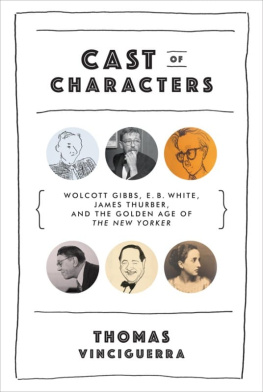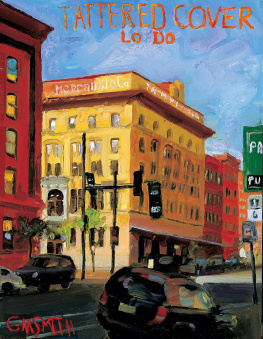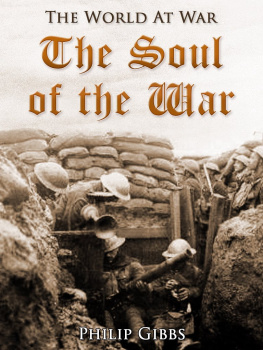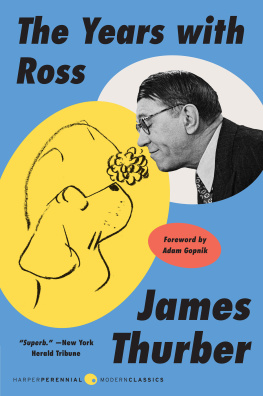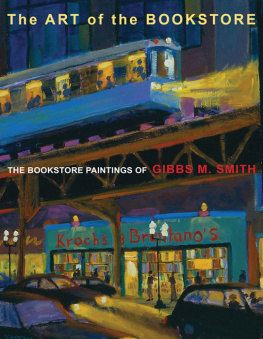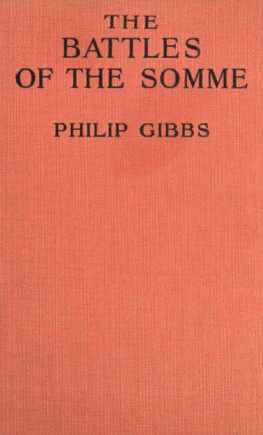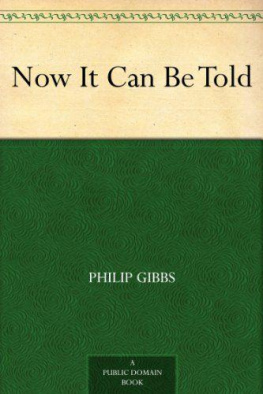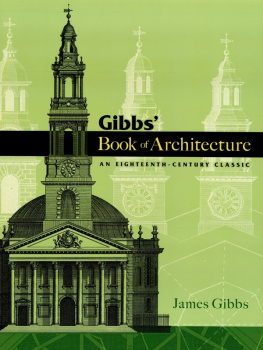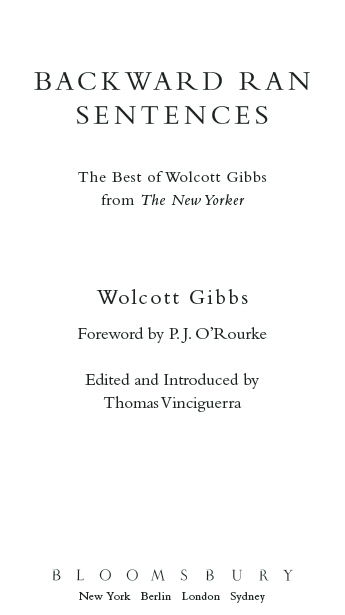
Compilation copyright 2011 by the Estate of Wolcott Gibbs
Foreword copyright 2011 by P. J. ORourke
Introduction copyright 2011 by Thomas Vinciguerra
All rights reserved. You may not copy, distribute, transmit, reproduce or otherwise make available this publication (or any part of it) in any form, or by any means (including without limitation electronic, digital, optical, mechanical, photocopying, printing, recording or otherwise), without the prior written permission of the publisher. Any person who does any unauthorised act in relation to this publication may be liable to criminal prosecution and civil claims for damages
For information address Bloomsbury USA, 175 Fifth Avenue, New York, NY 10010.
Published by Bloomsbury USA, New York
LIBRARY OF CONGRESS CATALOGING-IN-PUBLICATION DATA HAS BEEN APPLIED FOR.
All of the pieces in this collection originally appeared in The New Yorker , except the following:
In Defense of Dermathermy and Non-Graduates, We are Gathered Here appeared in Cosmopolitan .
The Kingdom of the Blind appeared in the Saturday Review of Literature .
Little Sureshot appeared in Life .
Robert Benchley: In Memoriam appeared in the New York Times .
Stuff and Nonsense, Mr. C. appeared in the New York Herald Tribune .
Theory and Practice of Editing New Yorker Articles appeared in The Years With Ross by James Thurber (Little, Brown, 1959).
First published by Bloomsbury USA in 2011
This e-book edition published in 2011
E-book ISBN: 978-1-60819-730-9 (ebook)
www.bloomsburyusa.com
CONTENTS
by P.J. ORourke
The Top Ten Reasons Why We Should Still Read Wolcott Gibbs (and the Top Ten Reasons Why We Dont Anymore)
by Thomas Vinciguerra
Notes and Comment and The Talk of the Town
Profiles
Parodies
Casuals
Short Stories
Theater and Film Criticism
( Ah, Wilderness! )
( Abies Irish Rose )
( Washington Jitters )
( Kiss the Boys Goodbye )
( The Time of Your Life )
( Life with Father )
( Romeo and Juliet )
( The Beautiful People )
( Blithe Spirit )
( Oklahoma! )
( Othello )
( The Glass Menagerie )
( The Iceman Cometh ; Cyrano de Bergerac )
( Little A )
( A Streetcar Named Desire )
( Death of a Salesman )
( South Pacific )
( The Member of the Wedding )
( The Cocktail Party )
( Guys and Dolls )
( Me and Juliet )
( Cat on a Hot Tin Roof )
( Inherit the Wind )
( Six Characters in Search of an Author )
( My Fair Lady )
( Waiting for Godot )
( Long Days Journey into Night )
( A Visit to a Small Planet ; My Fair Lady )
( West Side Story )
( The Entertainer )
( The Music Man )
(A Miscellany of Critical Jottings)
( The Blue Angel )
( National Velvet )
( The Three Caballeros )
( A Tree Grows in Brooklyn ; Here Come the Co-Eds )
Personal and Professional Essays
Despite his voluminous magazine output, Wolcott Gibbs published a mere five books, only three of which comprised selections of his New Yorker work. (The fourth, a 1931 effort called Bird Life at the Pole , was a comic novel about the polar explorations then making headlines. The fifth was the book of his Broadway play, Season in the Sun .) His own most strident critic, Gibbs put between hard covers only those pieces that particularly pleased him. It is a fortunate author, he wrote in the foreword to his first collection, Bed of Neuroses , who can reread what he has written at the end of six months without loathing.
In assembling this volume, I have tried to convey the fullest possible range of Gibbss oeuvre. Certain classic and often reprinted pieces, such as his iconic, parodic profile of Henry Luce, were obvious candidates. However, given his sheer productivity, much ruthless culling was necessary. Nonetheless, included herein are a number of overlooked treasures that have not seen the light of print since they first appeared. The chapter headings are borrowed from Gibbss original anthologies.
All contents were first published in The New Yorker , except as noted on the copyright page. To those parties who granted reprint permission, I am most grateful. I am especially indebted to Gibbss literary heirshis granddaughter, Susan Ward-Roncalli, and above all his son, Tonyfor their inexhaustible support and kind encouragement.
T.V.
The Top Ten Reasons Why We Should Still Read Wolcott Gibbs ( and the Top Ten Reasons Why We Dont Anymore )
P. J. OROURKE
1. THE TOP TEN LIST
Wolcott Gibbs may be said to have invented the admonitory Top Ten list, if we dont count Gods stand-up monologue to Moses. A few thousand years later, but long before David Letterman, Gibbs wrote a pair of comic theater columns for The New Yorker in which he listed the top ten behavioral characteristics of successful drama critics and the top ten journalistic techniques of successful drama criticism.
All such lists, the Commandments included, sneer at common human shortcomings. But today we consider the sneer to be an end in itself, sufficient, if we get it, as proof that we are a cut above the common golden calfworshiping herd. A different opinion was held by Gibbs and God (with whom Gibbs shared, judging by the King James Bible, a striking talent for prose composition).
A list, a sneer, a burning bushtheyre just bits of stage business to draw the audiences attention to larger ideas such as a chosen peoples sacred covenant or how play reviews get so filled with b.s.:
Too often dramatists, a cynical crew, are in the racket merely for the dough and write plays as barren of moral or political content as Fannie Farmers cookbook. It is up to the conscientious critic to remedy this situation The best trick is to credit the play with a secondary level on which the authors real purpose becomes apparent. The discovery that this neat little bedroom farce is in reality a ringing denunciation of capitalistic morality may astonish the innocent author, but this obviously isnt the critics fault.
Thats not quite the Top Ten list as we know it, in fact it continues for 56 column inches. Not to overdo the comparison of Gibbs and God, but neither would be welcome on modern late night televisionthey go on too long.
2. A DIVINE, AS PREVIOUSLY NOTED, STYLE
Here is a sample, chosen almost at random, from Gibbss contributions to The Talk of the Town, this one from 1932:
The other night we rode out to the country in one of the Long Island Railroads new double-decked cars. Descriptively, in our time, we have dealt with a lot of mans ingenious devices for making his neighbors life insupportable, doing these things up as brown as the good Lord has given us the strength to do, but we are baffled by this new horror. One hundred and twenty commuters instead of seventy-six (these are the figures) sharing the meager air; standees feet parading by your face, if you sit on the lower tier; their faces, unexpected and strange, at your elbow, if you sit on top; downstairs, the sense of life, heavy heavy, over your head; upstairs, the uneasiness that goes with any variation of a familiar ritual altogether, an old ordeal, now made intolerable.
Compare the majestic language here to the next whiney Tweet you get from some Facebook friend stuck on a train to the Hamptons. Alas, majestic is exactly the problem for the modern reader lse majest being our contemporary motto in language as it is in taste and manners. Or it would be if we knew what the French phrase meant. Majesty of language offends us today. Were in charge here. Communication is a lowly servant to be beaten, abused and humbled in every text message. LOL if that makes this particular neighbors life insupportable.
Next page

